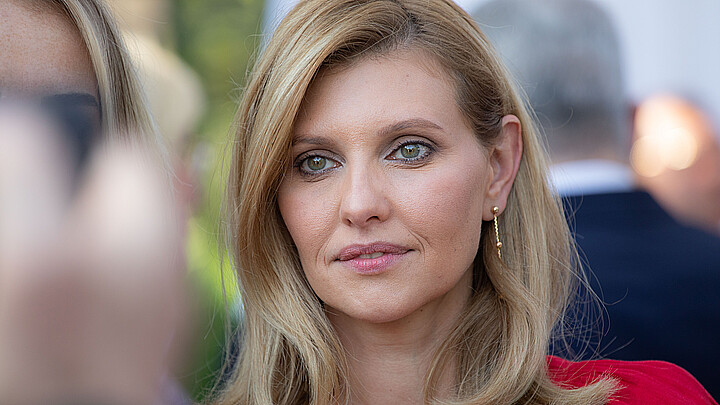Technology
Elon Musk hooks Ukraine up with internet — SpaceX Starlink satellites
Elon Musk announced on Twitter Saturday that SpaceX’s Starlink satellite network is now active over Ukraine, helping replace internet services that have gone down during Russia’s invasion. He was answering a call for help from Ukraine’s vice prime minister Mykhailo Fedorov, who appealed to Musk directly on Twitter.
February 26, 2022 10:42pm
Updated: February 27, 2022 11:13am
In what is sure to be a crushing blow to the Kremlin, Elon Musk announced on Twitter Saturday that SpaceX’s Starlink satellite network is now active over Ukraine, helping replace internet services that have gone down during Russia’s invasion.
He was answering a call for help from Ukraine’s vice prime minister Mykhailo Fedorov, who appealed to Musk directly on Twitter.
“@elonmusk, while you try to colonize Mars — Russia try to occupy Ukraine! While your rockets successfully land from space — Russian rockets attack Ukrainian civil people! We ask you to provide Ukraine with Starlink stations and to address sane Russians to stand,” Fedorov, who is also the country’s digital transformation minister, wrote Saturday morning.
Musk announced Starlink had been enabled for Ukraine in a reply to the tweet that evening.
“Starlink service is now active in Ukraine. More terminals en route,” the SpaceX CEO tweeted.
Starlink service is now active in Ukraine. More terminals en route.
— Elon Musk (@elonmusk) February 26, 2022
Starlink is a satellite constellation, or network, in low Earth orbit that provides broadband through transceivers on the ground called “terminals.” It can provide internet access to rural and other hard-to-reach areas without the hassle of installing fiber optic cables or cell towers but is extremely expensive because each satellite must be launched to at least 340 miles (550 kilometers) above the Earth.
No details have been released about how SpaceX will be delivering the terminals required to access satellite internet or how many will be sent.
Starlink and other large constellations of satellites have been criticized for cluttering low Earth orbit, forcing other satellites to change course to dodge them. Starlink’s satellites were responsible for 50% of all close encounters, according to Space.com.
The Federal Communications Commission has approved radio spectrum for 12,000 Starlink satellites. In 2019, SpaceX applied for 30,000 more satellites with the International Telecommunication Union, a United Nations entity that coordinate spectrum use at the international level.








